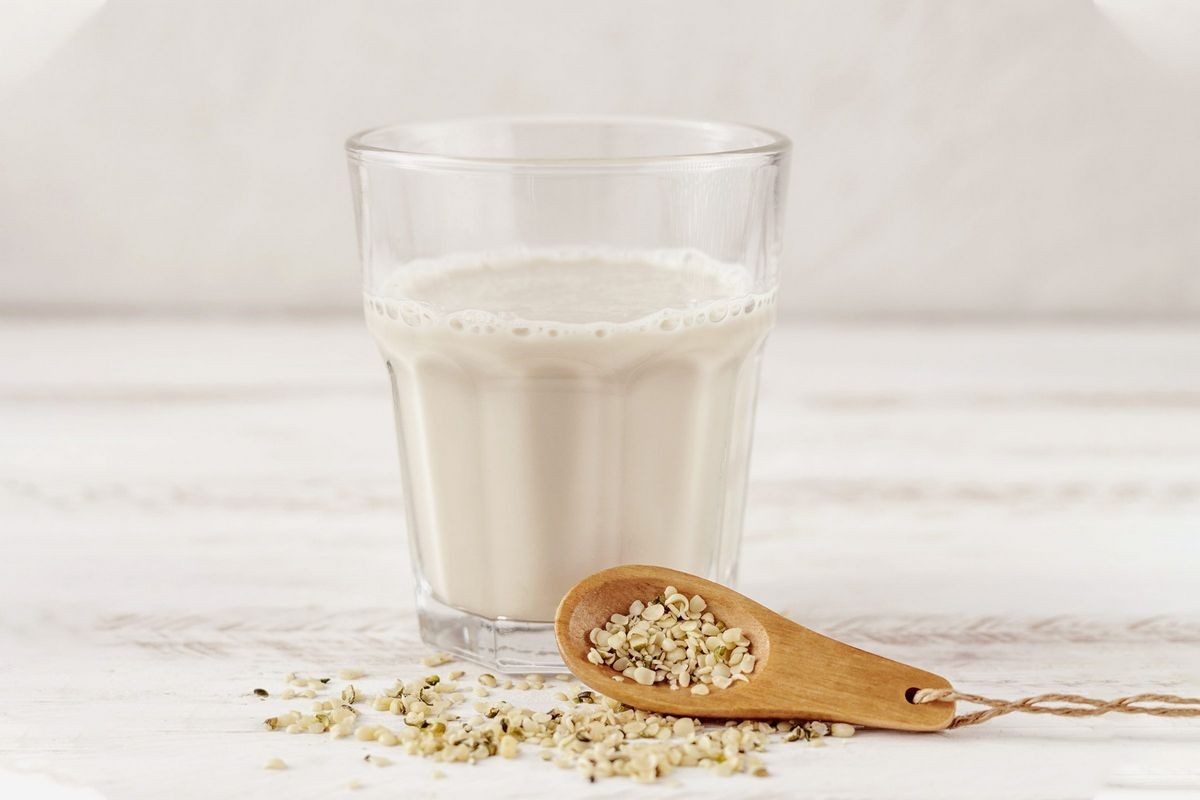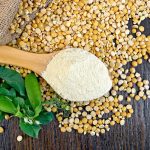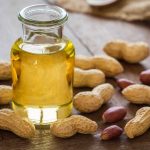
Contents
Hemp Milk: A Nutritious and Allergy-Free Alternative
Although hemp milk is generally well-tolerated, some individuals may experience allergic reactions.
Hemp milk, unlike traditional dairy products, is free from gluten, soy, and lactose, making it an excellent choice for vegans and those with dietary restrictions.
Rich in omega-rich fatty acids, hemp milk can help reduce inflammation and lower cholesterol levels.
Moreover, the high concentration of vitamin E in hemp milk can promote anti-aging effects on the skin.
Hemp hearts, the main ingredient in hemp milk, are packed with unsaturated fatty acids and essential amino acids, providing a wide range of nutrients. Studies have shown that hemp seeds may have therapeutic benefits for gastrointestinal disorders, cardiovascular diseases, dermatological conditions, and constipation.
Understanding Hemp Milk
Hemp milk is a non-dairy beverage made by blending water and hemp (Cannabis sativa) seeds. It offers a creamy texture and a distinctive nutty flavor.
Not only can hemp milk be used as a substitute for cow’s milk, but it is also a great option for individuals with tree nut allergies.
Contrary to popular belief, hemp milk does not cause a "high" despite being derived from the Cannabis sativa plant. Hemp seeds, which contribute to hemp milk production, have significantly lower cannabinoid concentrations than marijuana strains. Consequently, consuming hemp milk will not result in any psychoactive effects.
Nutrition Facts of Hemp Milk
Fortified hemp milk is an excellent source of calcium, vitamin D, and various other vitamins and minerals.
The U.S. Food and Drug Administration has provided the following nutritional information for one cup (240 mL) of unsweetened hemp milk:
| 60 |
| 4.5 grams |
| 110 mg |
| 0 g |
| 0 g |
| 0 g |
| 3 g |
| 283 mg |
| 317 mg |
| 101 mg |
QUESTION
The Benefits of Hemp Milk
Hemp milk is a gluten-free, sugar-free, and cholesterol-free beverage that provides essential vitamins, minerals, and fatty acids that support skin health and brain function.
Five key health benefits of hemp milk include:
- Fighting vitamin B12 deficiency: Commercially available hemp milk is often fortified with vitamin B12. Adequate intake of vitamin B12 can reduce the risk of various health conditions such as low blood cell count, anemia, tongue inflammation, dementia, infertility, abnormal heart rate, pale skin, and fatigue.
- Improving skin health: The omega-3 and omega-6 fatty acids present in hemp milk contribute to the skin’s immune response. These unsaturated fatty acids have shown promise in the treatment of various skin conditions, including atopic dermatitis, psoriasis, acne vulgaris, systemic lupus erythematosus, melanoma, and nonmelanoma skin cancer. In addition, they promote wound healing and provide protection against skin conditions caused by UV radiation.
- Enhancing cognition: The high concentrations of omega-3 and omega-6 fatty acids in hemp milk have been linked to improvements in cognitive function, focus, and memory, making it particularly beneficial for the elderly population vulnerable to neurodegenerative diseases.
- Promoting heart health: Arginine present in hemp seeds helps produce nitric oxide, which relaxes blood vessels and maintains healthy blood pressure levels. Studies suggest that higher arginine intake is associated with lower levels of the inflammatory C-reactive protein, reducing the risk of heart disease.
- Supporting bone health: Hemp milk contains a good amount of calcium, which plays a vital role in various physiological processes. A calcium-rich diet improves blood vessel health and strengthens bones, teeth, and muscles. Additionally, calcium facilitates the release of hormones and enzymes necessary for optimal bodily functions.
Potential Risks of Hemp Milk
Consult your doctor before consuming hemp milk or any other supplement.
Consider the following risks associated with hemp milk:
- Allergies to hemp: Although rare, allergic reactions to hemp milk may occur, leading to symptoms such as skin rash, hives, or anaphylaxis.
- Low potassium levels: Some manufacturers fortify hemp milk with synthetic B12 (cyanocobalamin), which may result in low potassium levels (hypokalemia) in rare cases.
- Stomach discomfort: Hemp seeds contain tannins and saponins, which can cause mild stomach pain in some individuals.
Uses of Hemp Milk
Hemp milk can be used in various ways:
While hemp milk can serve as a substitute for cow’s milk, its distinct nutty flavor may not appeal to everyone.
Hemp milk is an ideal choice for individuals following a vegan or dairy-free diet due to its soy, gluten, and lactose-free nature.
It can be consumed on its own or added to smoothies, baked goods, cereals, and other recipes.
With its creamy texture and protein content, hemp milk is an excellent addition to lattes, cappuccinos, and other coffee beverages.
How to Make Hemp Milk at Home
Preparing homemade hemp milk is simple, but it requires soaking the seeds overnight for optimal results. The preparation time is approximately ten minutes.
To make six cups of hemp milk, you will need:
- Five cups of filtered water
- One cup of shelled hemp seeds
- Two tablespoons of honey or agave nectar
- Three pitted dates
- Begin by soaking the seeds in water overnight.
- Next, blend the soaked hemp seeds with water until frothy.
- Strain the mixture using a cheesecloth or nut milk bag, then blend it with the remaining ingredients for an additional minute.
- After a final filtration, your homemade hemp milk is ready to be enjoyed.
Hemp milk can be refrigerated for up to four days.
Summary
The exceptional nutritional profile of hemp seeds and their derived milk makes them a valuable addition to most diets.
While hemp milk generally has minimal side effects, it’s crucial to consider the amount of sugar present in flavored variations. High sugar consumption can impact blood sugar levels and caloric intake, potentially increasing the risk of diabetes and obesity. Therefore, moderate consumption is advised, especially for individuals with chronic or severe health conditions.
If you choose to incorporate hemp milk into your diet regularly and have an underlying health condition, it is advisable to consult with your healthcare professional.


